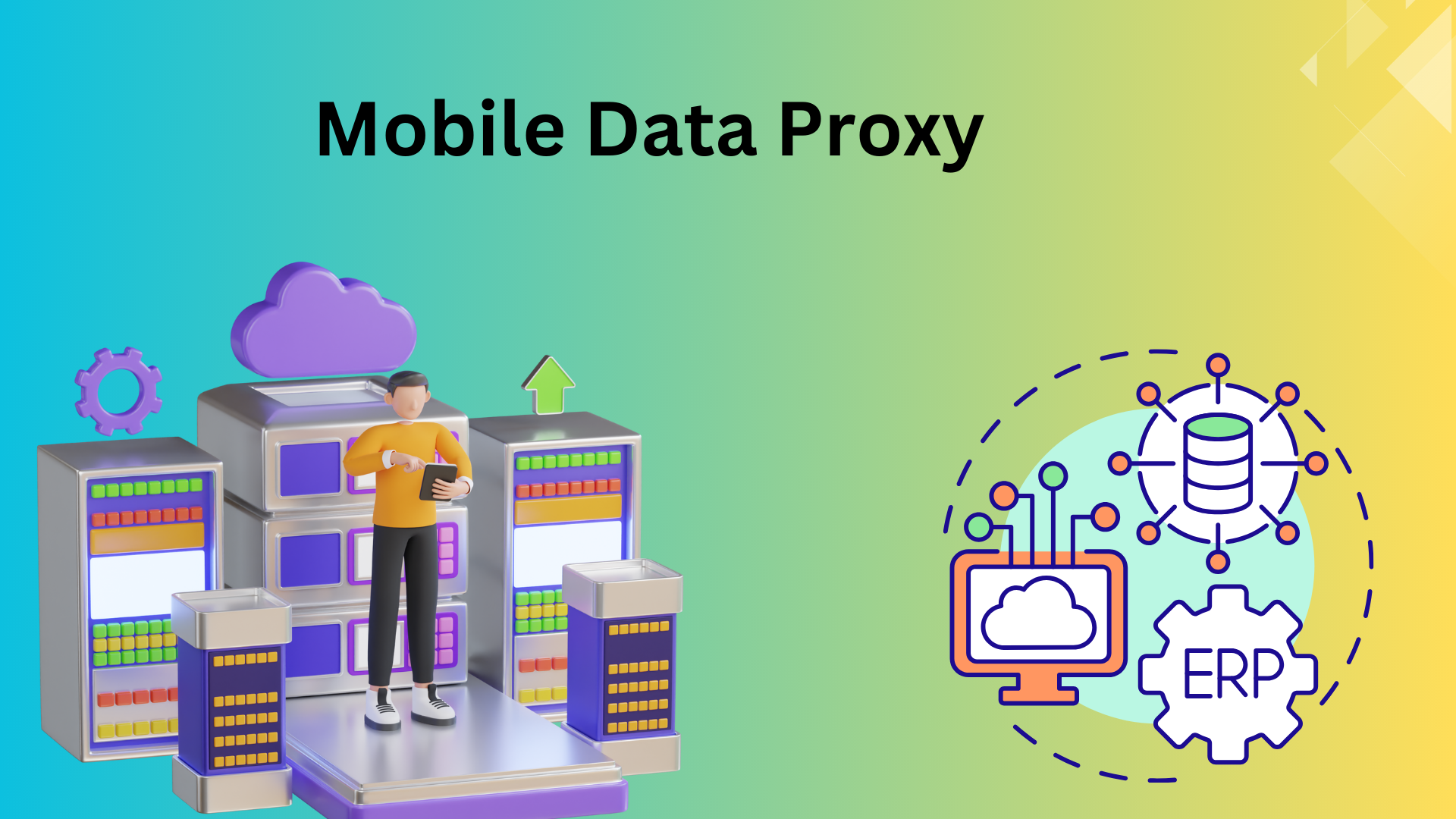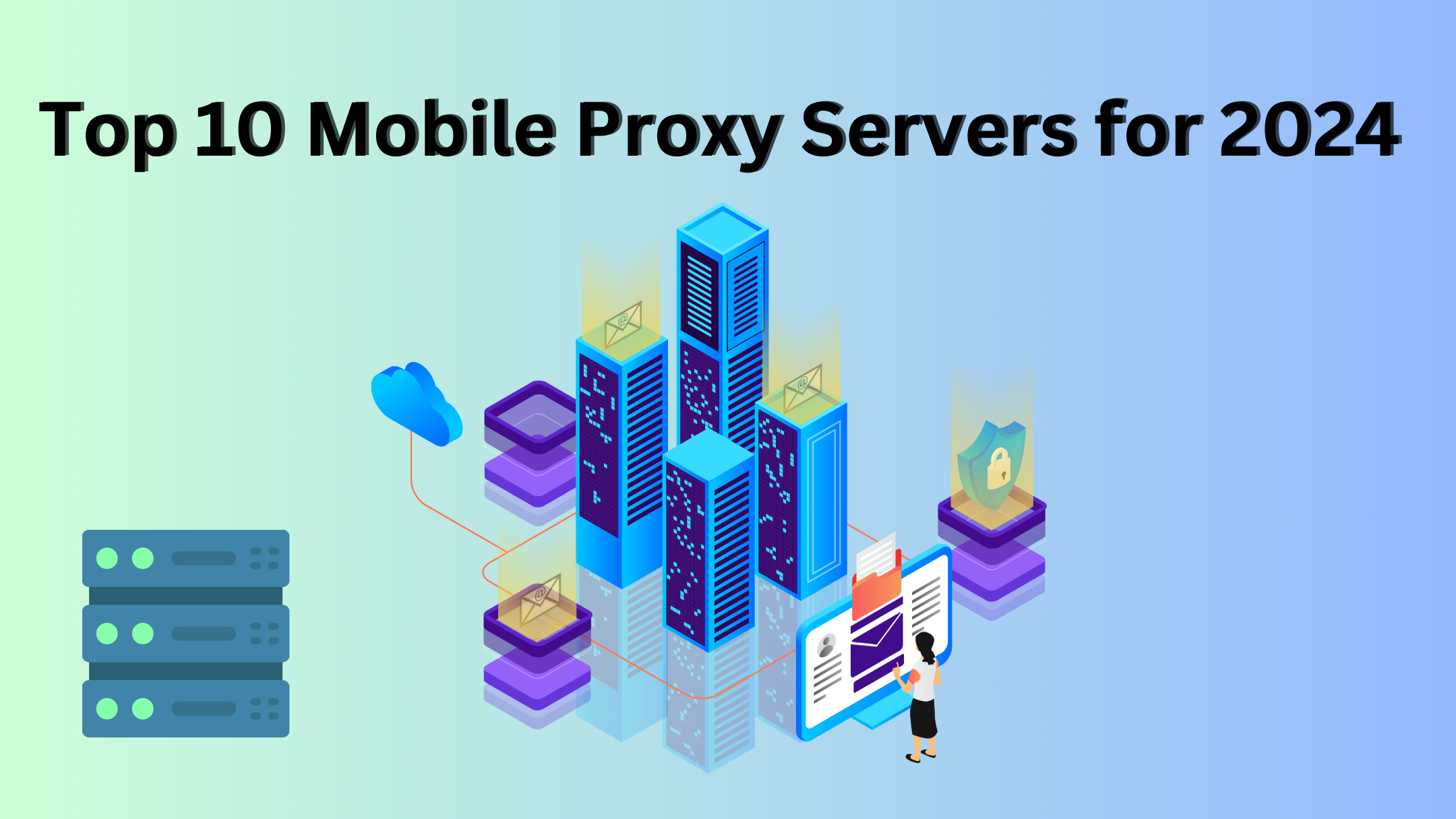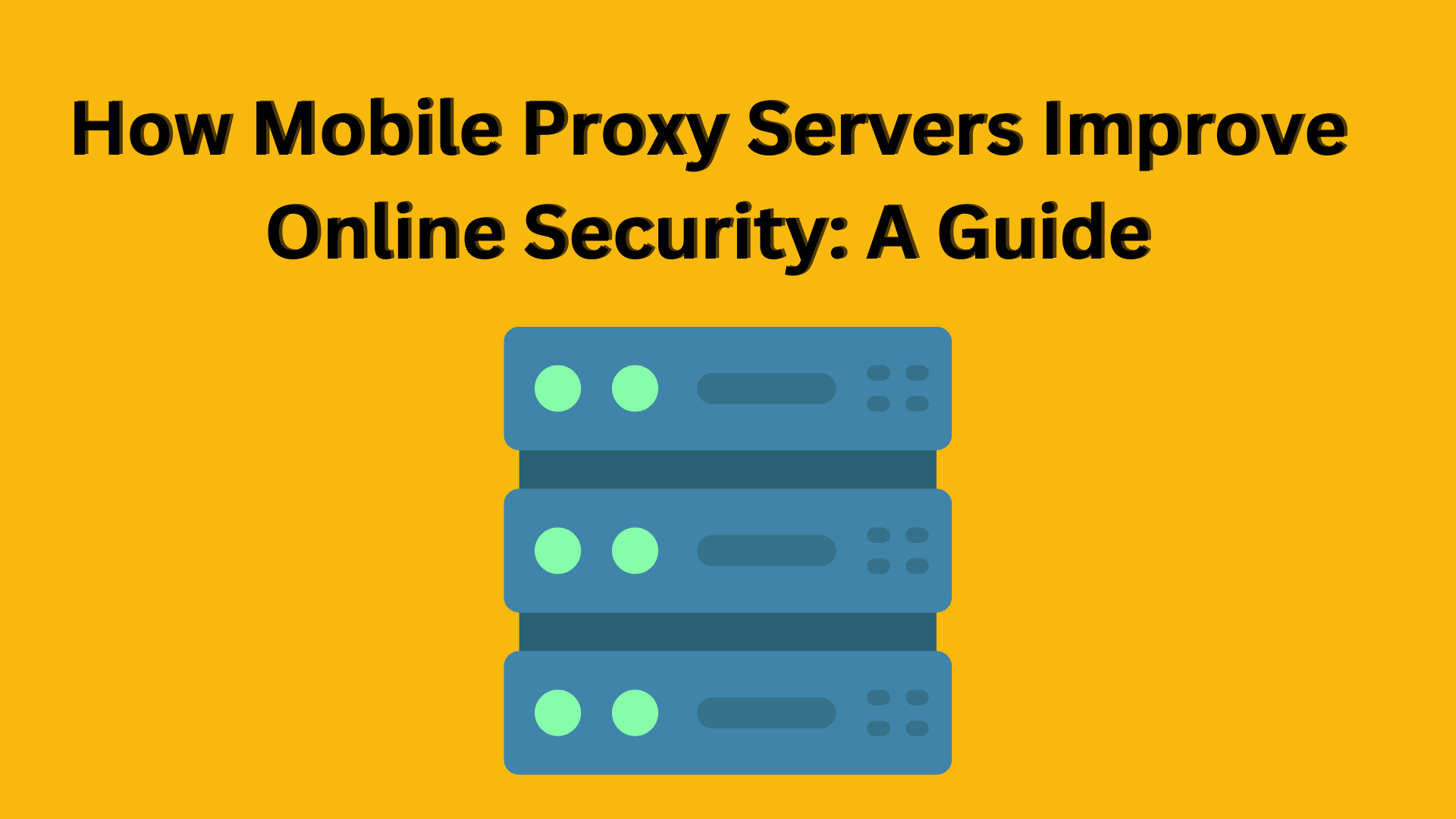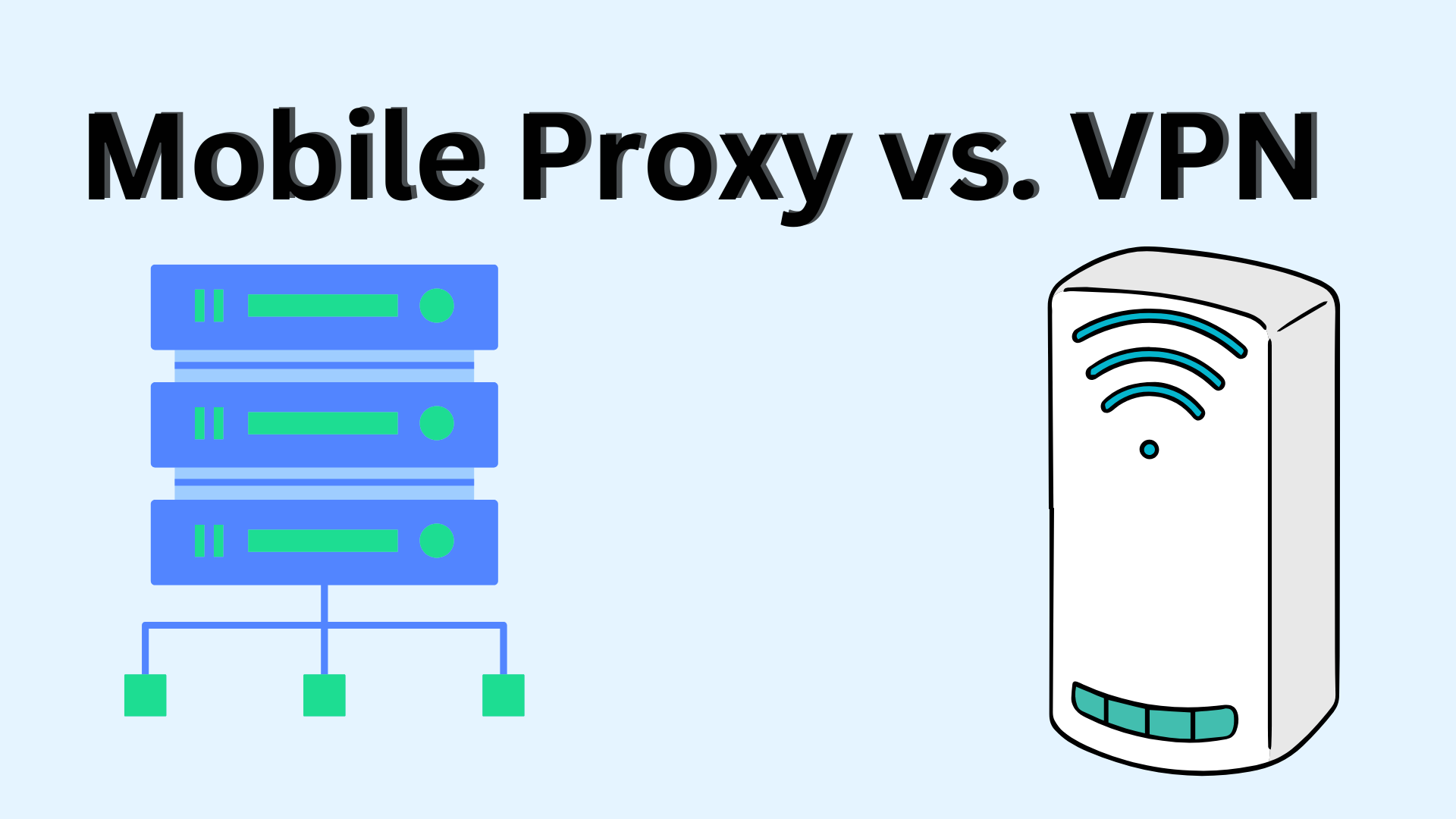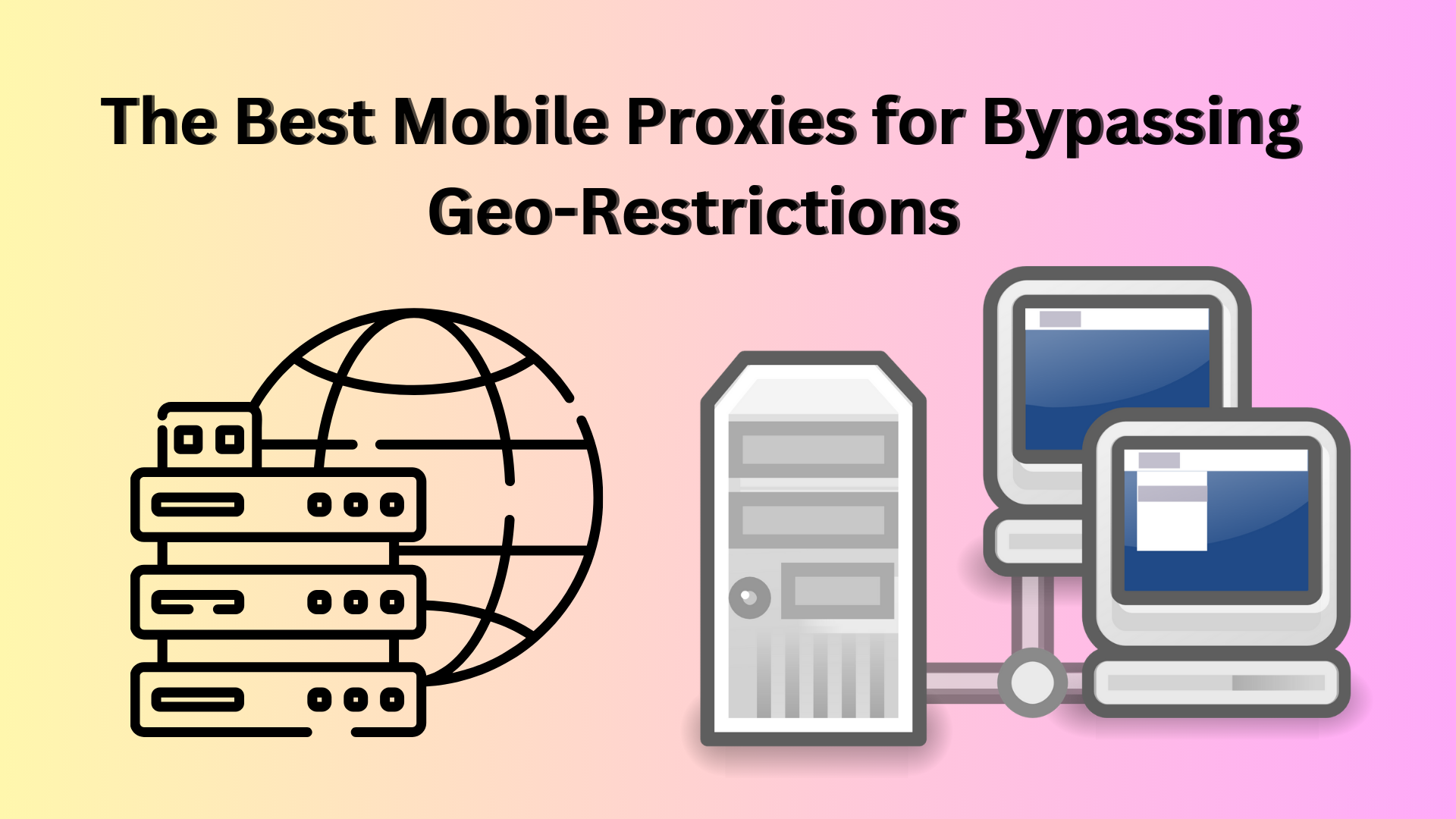Introduction to Mobile Data Proxies
In an age where privacy and security are paramount, mobile data proxies have become a popular solution for individuals and businesses alike. These proxies, which route internet traffic through mobile networks, offer several advantages over traditional proxies, including better anonymity and the ability to bypass geo-restrictions. Whether you’re a digital marketer managing multiple social media accounts or someone looking to browse the web privately, mobile data proxies can help you achieve your goals. In this article, we’ll explore what mobile data proxies are, how they work, and why they are becoming increasingly essential in today’s digital world.
What Is a Proxy?
A proxy server acts as an intermediary between a user and the internet. When you use a proxy, your internet requests are routed through the proxy server before reaching their destination. This process helps mask your original IP address, providing an additional layer of anonymity and privacy.
Understanding Mobile Data Proxies
How Mobile Data Proxies Differ from Traditional Proxies
Unlike traditional proxies, which use residential or data center IP addresses, mobile data proxies use IP addresses provided by mobile network carriers. This means that your internet traffic appears to come from a real mobile device, making it harder for websites to detect that you’re using a proxy.
How Mobile Data Proxies Work
Mobile data proxies work by routing your internet traffic through a mobile network, allowing you to access the web using a mobile IP address. When you connect to a mobile data proxy, your internet requests are sent through a mobile carrier’s network, which assigns your device an IP address from its pool of mobile IPs. This gives you the appearance of a regular mobile user, even if you’re accessing the internet from a computer.
Advantages of Mobile Data Proxies
Enhanced Anonymity
Mobile data proxies provide higher levels of anonymity compared to traditional proxies. Since the IP addresses are assigned by mobile carriers and used by millions of mobile devices, it’s difficult for websites to detect and block them.
Bypassing Geo-Restrictions
One of the most common uses of mobile data proxies is to bypass geo-restrictions. Whether you’re trying to access a streaming service or website that’s blocked in your region, mobile data proxies can help you appear as if you’re browsing from a different location, unlocking access to restricted content.
Improved Security
Since mobile data proxies mask your original IP address, they can help protect you from cyberattacks and tracking by malicious actors. They also provide a secure browsing experience when using public Wi-Fi networks, reducing the risk of hacking.
Types of Mobile Data Proxies
Shared Mobile Proxies
Shared mobile proxies are used by multiple users at the same time. These proxies are generally more affordable but may offer slower speeds due to the high number of users sharing the same IP address.
Dedicated Mobile Proxies
Dedicated mobile proxies are used by only one person at a time, offering better speed and reliability. Although they are more expensive than shared proxies, they provide better performance, making them ideal for tasks like social media management and web scraping.
How Mobile Data Proxies Are Used
Social Media Management
Digital marketers often use mobile data proxies to manage multiple social media accounts across different platforms. By using mobile IPs, they can avoid detection and prevent accounts from being banned or flagged for suspicious activity.
Web Scraping
Web scraping involves extracting data from websites for research, SEO, or market analysis. Mobile data proxies help web scrapers avoid IP blocks and CAPTCHAs, allowing them to gather data without interruptions.
Ad Verification
Mobile data proxies are also used for ad verification purposes. Advertisers use proxies to check how their ads are being displayed in different regions, ensuring that their campaigns are running smoothly and without fraud.
Mobile Data Proxies vs. Other Proxies
Mobile vs. Residential Proxies
Mobile proxies use IP addresses from mobile carriers, while residential proxies use IPs from ISPs assigned to home users. Mobile proxies are harder to detect and are often seen as more legitimate by websites, making them more effective for certain tasks like social media management.
Mobile vs. Data Center Proxies
Data center proxies are not tied to an ISP or mobile network but are instead hosted in data centers. While they offer faster speeds, they are easier to detect and block, making them less effective for tasks that require high anonymity.
Security and Privacy Concerns with Mobile Data Proxies
Risk of IP Blacklisting
One of the risks of using mobile data proxies is the potential for IP blacklisting. If too many users abuse a particular IP address, websites may blacklist the IP, making it unusable for future connections.
Data Privacy Risks
While mobile data proxies can enhance privacy, they are not foolproof. Depending on the provider, your data could be at risk if the proxy service is not properly secured or if it logs your internet activity.
How to Choose a Reliable Mobile Data Proxy Provider
Evaluating Speed and Performance
When choosing a mobile data proxy provider, it’s important to evaluate their speed and performance. A good provider will offer fast, reliable connections with minimal downtime, ensuring smooth browsing and task automation.
Checking for IP Rotation Features
Look for providers that offer IP rotation features. This ensures that your IP address changes regularly, reducing the risk of detection and increasing your level of anonymity.
Mobile Data Proxies and SEO
SEO Audits
SEO specialists use mobile data proxies to conduct SEO audits, checking how websites perform in different regions and on different devices. This helps them optimize their clients’ websites for better search engine rankings.
Competitor Analysis
Mobile data proxies are also used for competitor analysis in SEO. By accessing websites through mobile IPs, SEO professionals can gather valuable data about their competitors’ strategies and performance in different regions.
Challenges and Limitations of Mobile Data Proxies
Potential for Slower Speeds
Since mobile data proxies route traffic through mobile networks, they can sometimes experience slower speeds compared to data center proxies. This can be a drawback for users who require high-speed connections.
Costs Compared to Other Proxy Types
Mobile data proxies are often more expensive than other types of proxies, such as residential or data center proxies. This is due to the complexity of routing traffic through mobile networks and the high demand for mobile IPs.
Future of Mobile Data Proxies
Role in 5G Networks
As 5G networks become more widespread, mobile data proxies are expected to play an even more important role in secure browsing and task automation. The higher speeds and lower latency of 5G will make mobile data proxies faster and more efficient, enabling new use cases and applications.
Applications in IoT
With the growth of the Internet of Things (IoT), mobile data proxies will be crucial for managing and securing the vast number of connected devices. These proxies can help mask the IP addresses of IoT devices, providing an extra layer of security for smart homes, vehicles, and industrial applications.
Conclusion
Mobile data proxies are a powerful tool for anyone looking to enhance their online privacy, bypass geo-restrictions, or manage multiple accounts. They offer higher levels of anonymity and security than traditional proxies, making them ideal for a wide range of tasks, from social media management to SEO. However, users should be aware of the potential risks and limitations, such as slower speeds and higher costs. As 5G technology and IoT continue to evolve, the role of mobile data proxies is expected to grow, making them an essential part of the future of online connectivity.
FAQs
What is the difference between a mobile proxy and a mobile data proxy?
A mobile proxy generally refers to any proxy that uses mobile IPs, while a mobile data proxy specifically routes traffic through mobile data networks.
Are mobile data proxies legal?
Yes, mobile data proxies are legal, but they should be used responsibly. Misusing them for illegal activities or violating website terms of service can result in consequences.
Can I use a mobile data proxy for web scraping?
Yes, mobile data proxies are ideal for web scraping because they are harder to detect and block than other types of proxies.
How do I find a good mobile data proxy provider?
Look for providers that offer fast speeds, reliable connections, and IP rotation features. It’s also important to choose a provider with a solid reputation for security and privacy.
What are the risks of using mobile data proxies?
The main risks include IP blacklisting and data privacy concerns, especially if the proxy provider logs your internet activity. Always choose a reputable provider to minimize these risks.

